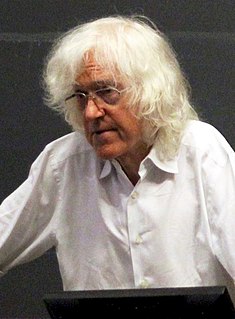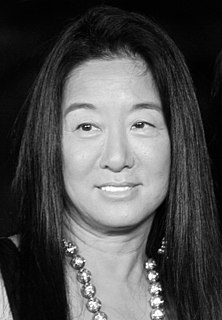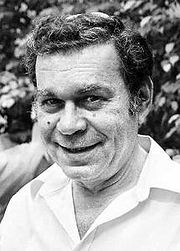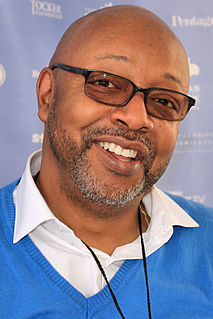A Quote by Anton Szandor LaVey
When other people ask me, 'What gives you the right to suggest standards for others?', my answer is, 'If I don't, someone else, perhaps less qualified, will.
Related Quotes
It is not enough to ask, 'Will my act harm other people?' Even if the answer is No, my act may still be wrong, because of its effects on other people. I should ask, 'Will my act be one of a set of acts that will together harm other people?' The answer may be Yes. And the harm to others may be great. If this is so, I may be acting very wrongly, like the Harmless Torturers.
It's your life - but only if you make it so. The standards by which you live must be your own standards, your own values, your own convictions in regard to what is right and wrong, what is true and false, what is important and what is trivial. When you adopt the standards and the values of someone else . . . you surrender your own integrity. You become, to the extent of your surrender, less of a human being.
Every time you make the right choice in the face of potential criticism you build strength that makes choosing the right easier the next time. When you make it clear that you will not vary from your standards, you will be led to individuals like yourself and the criticism from others will become less intense.
If none of your role models provide the answer, then it is time to go within and ask yourself, "What would make me happy?" In other words, let your feelings guide you. This doesn't work well if you focus narrowly on your personal needs. I am not talking about selfishness or self-interest. When I ask, What will make you happy?, I mean, What way of loving others feels right for you? Choose a way of loving that makes you happy, and your efforts will be play rather than work.
What is it the I'll want from you? Not love: that would be too much to ask. Not forgiveness, which isn't yours to bestow. Only a listener, perhaps; only someone who will see me. Don't prettify me though, whatever else you do: I have no wish to be a decorated skull. But I leave myself in your hands. What choice do I have? By the time you read this last page, that- if anywhere- is the only place I will be.
Perhaps everything lies in knowing what words to speak, what actions to perform, and in what order and rhythm; or else someone's gaze, answer, gesture is enough; it is enough for someone to do something for the sheer pleasure of doing it, and for his pleasure to become the pleasure of others: at that moment, all spaces change, all heights, distances; the city is transfigured, becomes crystalline, transparent as a dragonfly.
People are always pleased to indulge their religiosity when it allows them to stand in judgment of someone else, licenses them to feel superior to someone else, tells them they are more righteous than someone else. They are less enthusiastic when religiosity demands that they be compassionate to someone else. That they show charity, service and mercy to everyone else.



































